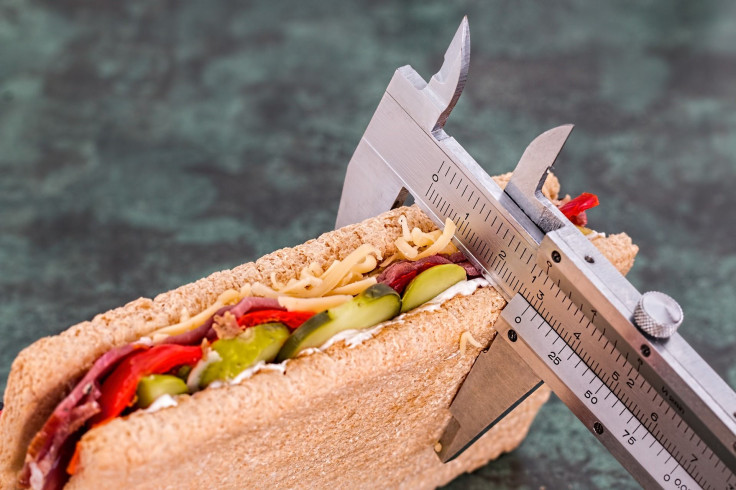Why People Find It Hard To Lose Weight Even After Calorie Cutting?

Calorie cutting is the first thing that people do for a quick weight loss. It is mainly because several studies have already suggested the effectiveness of a low-calorie and a low-carb diet. Many of the popular diet plans, like Ketogenic (Keto) diet and Vegan diet, recommend low-carb meals for cutting down excess fat stored in the body.
But there is a hidden challenge behind every low-carb diet. Dieters often regain the lost weight and sometimes even more once they get back to their normal diet. The reason behind it has remained a mystery for several years.
And now, a research published in the journal Cell Press on Tuesday unlocked the mystery behind weight gain among dieters. The discovery could help people understand the reason behind the weight gain, stated lead researcher Ann Marie Schmidt, an endocrinologist at the New York University School of Medicine.
Through the study, the researchers found that weight gain among dieters is related to a type of protein, which is found on the fat cells’ surface of human and other mammals. The protein RAGE or the Receptor for Advanced Glycation End products played some previously unobserved roles in controlling weight gain and weight loss in a mammal’s body.
RAGE was always associated with several chronic illnesses, including type 2 diabetes and cardiovascular disease. The research team stated the consequences related to RAGE are far beyond these chronic diseases. It can shut down a mammal’s ability to burn fat while it is on a bodily stress, like overeating or dieting.
In their study on mice, the researchers found a vast difference in weight gain among two types of mice – normal mice and those without RAGE pathway. The second group of mice gained much less weight than the first group of mice although both the groups followed the same high-fat diet and the same type of physical activity.
The mice whose RAGE pathway was deleted also expended more energy and had lower glucose levels. The researchers assumed that this protein plays a vital role in protecting the mammals when there is an unexpected reduction in energy supply.
“However, in time of plenty, when there is no shortage of nutrients, the receptor is still present and is able to continue to exert that unfortunate role of hoarding the energy and not allowing it to be expended,” Schmidt explained.
In short, RAGE has its own disadvantage in modern times when at least some people are eating more food than they need. Those people may experience a metabolic slowdown after enjoying a hearty meal.
“Weight loss is very, very difficult. Only by studying the good things, the bad things, and how sometimes things that were meant to be good can go awry can we figure out the big picture and how to safely make people’s lives healthier and better,” the researcher said.
© Copyright IBTimes 2025. All rights reserved.





















